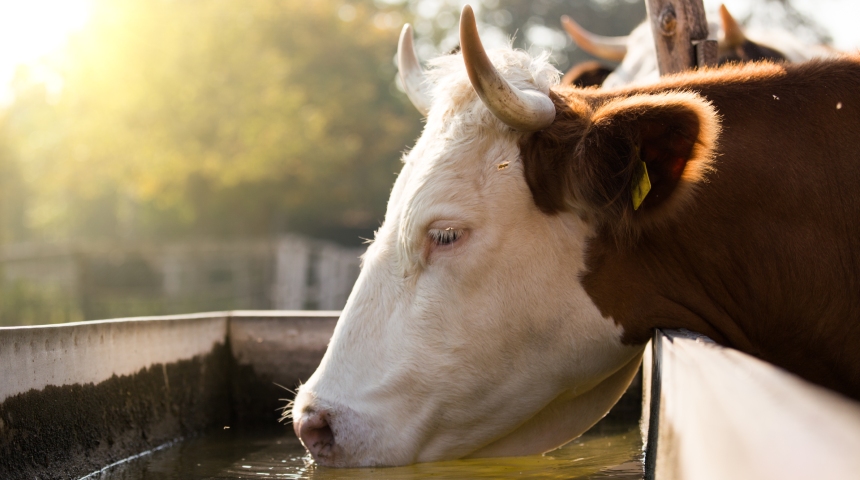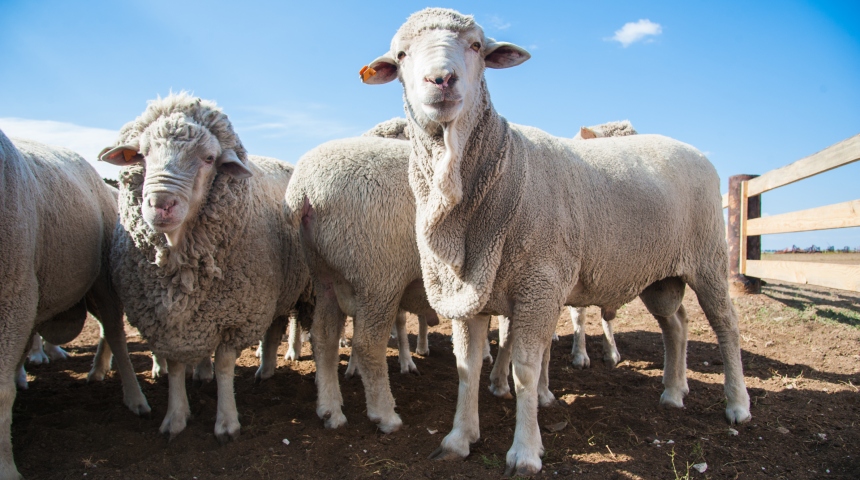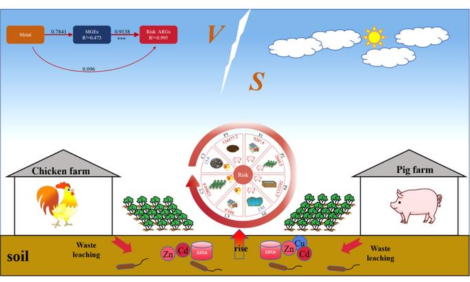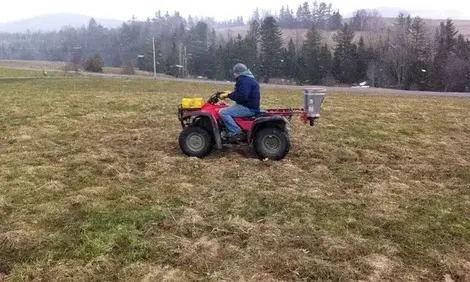



Unravelling how animal diseases impact human health, wellbeing
A new research program has been launched to identify the individuals and communities most impacted by endemic and emerging diseases.Animal health leaders and researchers from the Global Burden of Animal Diseases (GBADs) programme have secured US$7 million from the Bill & Melinda Gates Foundation and UK’s Foreign, Commonwealth and Development Office, to rollout a framework on measuring animal health burdens and their impacts on human lives and economies.
The information provided by GBADs will guide public policy and private sector strategy, contributing to improve animal health and welfare more effectively. It will also be a basis for further academic research.
Across the world, livestock production and aquaculture are critical to human nutrition and health. These animals play critical roles in society, providing income and food, but also clothing, building materials, fertilizer and draught power. However, the presence of endemic and emerging diseases, as well as other factors, negatively impact them, jeopardising their contributions.
Every year, hundreds of millions of dollars are invested globally on disease mitigation in order to improve livestock health and productivity. Yet, a systematic way to determine the burden of animal disease on the health and wellbeing of people is not available. It is still unknown how the burden is apportioned between smallholders and the commercial sector, or across regions and gender.
Consequently, decision makers lack the information to accurately assess whether their investments target the animal health issues that have the most significant impact on human wellbeing.
Measure to improve the management of animal diseases: A new programme
The GBADs programme, led by the University of Liverpool, the World Organisation for Animal Health (OIE) and a partnership of international institutions, will enable the examination of animal health and the disease burden from a different perspective.
By assessing the global burden in economic terms, the programme will help identify the individuals and communities which are the most impacted, demonstrating how animal health is intrinsically linked to agricultural productivity, smallholder household income, the empowerment of women and the equitable provision of a safe, affordable, nutritious diet.
“The GBADs programme is a key part of our commitment to deploying our research capacity toward the welfare of humankind. The GBADs programme is crucial in building a world with zero hunger, good health, and equality for all, an urgent mission in which we are proud to play our part,” highlighted Professor Dame Janet Beer, Vice-Chancellor, University of Liverpool.
"We are grateful for the support of the Bill and Melinda Gates Foundation and UK’s Foreign, Commonwealth and Development Office, who are supporting this work in partnership with the OIE. Together, we will realise a brighter future for animal and human wellbeing."

“It is more evident now for everyone that animal health and public health are interconnected and play an essential role in building a sustainable and healthy planet. Especially, if we succeed in incorporating the environmental and socioeconomic components”, said Dr Monique Eloit, OIE Director General.
The new partnership announced today will support the implementation of the GBADs programme. In a world where 1.25 billion people work in agriculture, this programme will have a positive impact on the Sustainable Development Goals contributing to Zero Hunger, Good Health and Well-being, Gender Equality; Decent Work and Economic Growth; and Responsible Consumption and Production.
Prioritising animal health problems to tackle first
"This will not only help us understand what health problems are occurring in the animal population, but also predict patterns beyond infectious diseases, including how floods, drought and fire will affect livestock health and production," said Dr Mieghan Bruce, who is leading Murdoch’s contribution to the program.
"Farmers and policymakers will be able to compare the health of their herds to what a disease-free herd looks like, allowing a clearer view on the production loss caused by diseased livestock. We can then prioritise which diseases to tackle using the GBADs objective data."
Dr Bruce is one of the key researchers leading the One Health initiative at Murdoch, which encourages a holistic view of environmental, economic and social impacts of pest and diseases for both animals and humans.
"Maintaining healthy livestock is as important for human health and our environment, as it is for the health of our animals," said Dr Bruce.
"If we have disease-burdened animals it increases the competition for land, air and water. So from an environmental perspective, if we can improve the health of the system, we can use our resources more efficiently to reduce greenhouse gas emissions from livestock production and decrease our water footprint."


